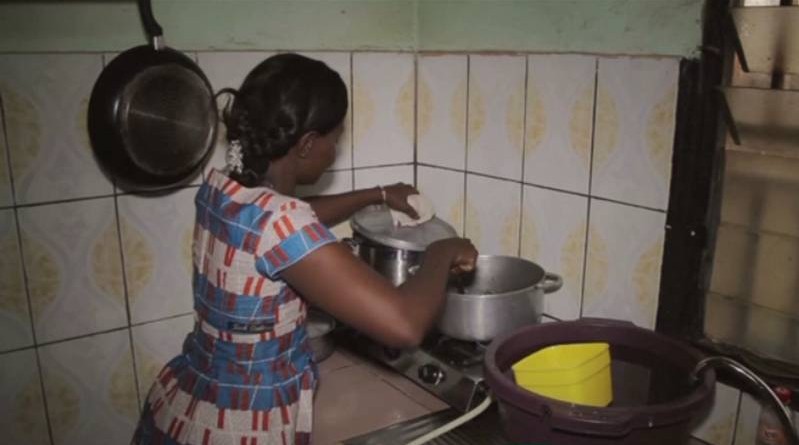Biogas helps rural Cameroonians break dependence on firewood – AfricaNews
Cameroonian entrepreneur Boma Mohammed is on a mission to empower others to become more energy self-sufficient. He’s training young people to turn waste into biogas and move away from the traditional source of fuel, firewood.
“Imagine the babies on the back of their mothers spending four hours, three hours each day in the kitchen, smoking kitchen. The smoke gets into their lungs, the smoke gets into their eyes. They suffer from eye infection, respiratory problems.
“Some of the children die, the babes die and then they say it’s because of witchcraft and so on. Meanwhile it’s because of the pollution caused by this firewood and smoke. So what motivated me is this problem,” said Mohammed.
Through his company, Royal Renewable Energy Cameroon, Mohammed runs regular courses at a cost of 15,000 CFA francs ($26) to train people on how to produce biogas from the decomposition of organic waste.
He, along with the 10 people he employs and a handful of interns, have also been at the forefront of installing biodigesters — the machines designed to capture methane gas released by decomposing material — in houses, schools and businesses in rural Cameroon.
“Each community should be able to produce their own energy for cooking and why not lighting. We need to train people how to fabricate their portable bio gas digester,” he said.
Mohammed also trains people on how to produce organic fertiliser.
Around 80 percent of Cameroon’s rural population uses woodfuel or charcoal to meet their energy needs, according to the World Bank. Many live without electricity.
Cooking with biogas cuts down on greenhouse gas emissions and is a welcome sustainable energy alternative, scientists say.
For tech entrepreneur Marcel Dawka, who travelled from the southwestern coastal city of Douala to Yaounde to attend a course organised by Mohammed, the training is invaluable.
“We are in a society in Africa where we have a huge amount of waste. A society with a lot of waste that can be transformed into energy.
“This training has taught me that I can produce my own energy without the help of another person and that I can pass the knowledge onto other people I know, like my family,” he said.
Dawka plans to use the training to start producing his own energy for his business in the future.
– AfricaNews




